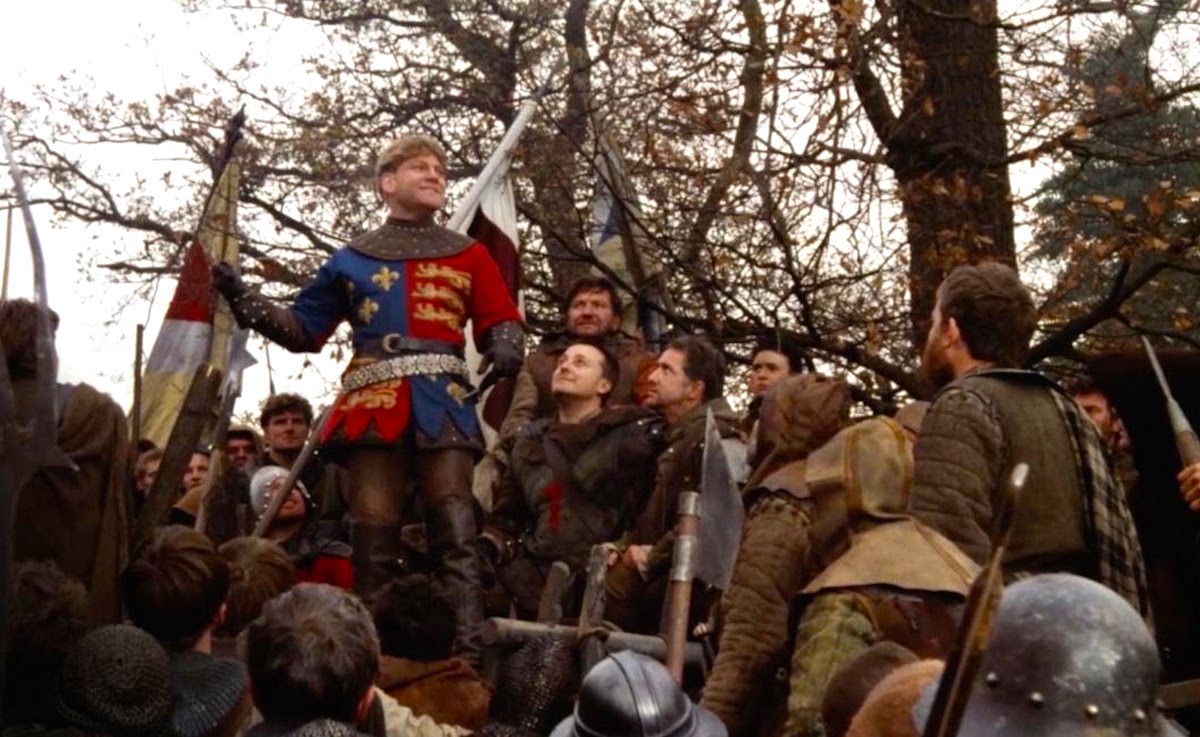news
Was Shakespeare’s Rival His Sometime Ghostwriter?
New Oxford University Press credits Christopher Marlowe as Co-Author of Three Shakespeare Plays

Christopher Marlowe will be listed as a co-author on all three of William Shakespeare’s Henry VI plays when the Oxford University Press releases its new collected Shakespeare anthology in November.
While the two great playwrights are often portrayed as rivals (or the same person, according to more misguided conspiracy theorists), recent scholarship argues Shakespeare not only worked with Marlowe, but was a frequent collaborator throughout his career. A lot of this has to do with the creative structure of the early modern British theater. The process worked similarly to television scriptwriting, with various playwrights frequently redrafting weak sections of others original scripts. In fact, scholars consider 38% (17 of 44) of Shakespeare’s plays co-authored to a significant degree.
As for Henry VI in particular, the edition’s editors relied on a mix of traditional and data based research to identify Marlowe as a contributor. The team created a data set of Marlowe’s works, tasking the computers with identifying linguistic idiosyncrasies in his writing. Perhaps the most notable finding is the phrase “glory droopeth,” that apparently only Marlowe has ever used. They then repeated the process with Shakespeare’s texts and cross referenced the findings. The results indicated a significant number of passages across the Henry VI trilogy that employ language both commonly associated with Marlowe and uncharacteristic of Shakespeare’s usages.
Even though the traditionalist notion that Shakespeare worked alone has largely been shot dead (after all, speculation surrounding Marlowe’s collaboration dates back to the 19th century), some scholars still aren’t convinced we have the full story. Carol Rutter, a Professor at the University of Warwick specializing in the study and performance of Shakespeare, suggested in an interview with the BBC that “it’s much more likely that he started his career working for a company where he was already an actor, and collaborated not with another playwright but with the actors — who will have had Marlowe very much in their heads, on the stage, in their voices. … They were the ones putting Marlowe’s influence into the plays.” Although she concludes her remarks by acknowledging that, regardless of Marlowe’s actual influence, the change has sparked a continuation of a discussion that is ultimately worthwhile.








